Sarkozy calls for referendum after NATO official's land-for-membership hint angers Ukraine
France's former president Nicolas Sarkozy has suggested Russia's ongoing military operation against Ukraine could end with new referendums in Russian-speaking territories.
In an interview with the conservative weekly Le Figaro Magazine on Wednesday, Sarkozy called the war “a failure and a mistake,” and warned of a “frozen conflict” with Russia.
In his view, Sarkozy said the only solution is to hold referendums on territorial concessions in areas occupied by the occupiers.
"The Ukrainians... will want to reconquer what has been unjustly taken from them. But if they can't manage it completely, the choice will be between a frozen conflict... or taking the high road out with referendums strictly overseen by the international community," the former president said.
He proposed holding internationally supervised referendums in eastern Ukraine and the Crimean peninsula.
"An incontestable referendum... will be needed to solidify the current state of affairs," he added.
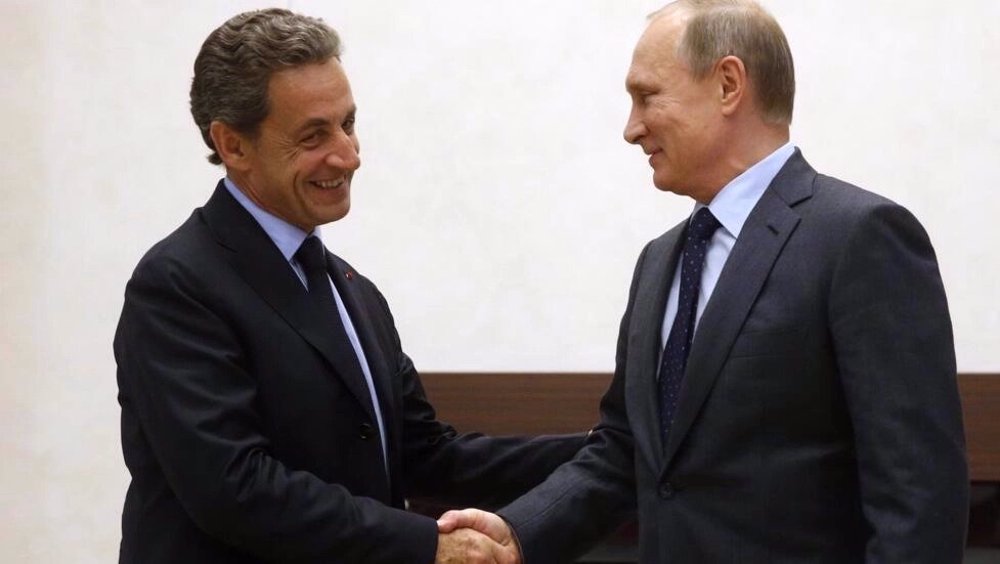
Speaking particularly about Crimea, which Russia annexed in 2014, the former French leader said that the recovery of the peninsula by the Ukrainians is an “illusion”.
The ex-president insisted that Russian leader Vladimir Putin was "not irrational" and could be reached with the right kind of diplomacy from Europe.
“We need Russia, and Russia needs us,” Sarkozy said.
"Russia is Europe's neighbor and will remain so," he said. "Diplomacy, discussion and talks remain the only way to find an acceptable solution. Nothing is possible without compromise."
Sarkozy added that Ukraine should remain "neutral" and had no place in the EU or NATO.
Elsewhere in his remarks, Sarkozy also recalled that French President Emmanuel Macron shared his position at the beginning of the war.
“He had a good intuition. Unfortunately, he did not follow through, mainly due to pressure from Eastern European countries,” he emphasized.
The statement followed remarks by Secretary General Jens Stoltenberg's chief of staff at NATO, Stian Jenssen, who on Tuesday said Ukraine surrender part of its territory to Russia in return for an invitation to join the Western military alliance.
Speaking at a conference in Norway, Jenssen said, “I think that solution could be for Ukraine to give up territory and get NATP membership in return.
“There is significant movement in the question of future NATO membership for Ukraine. It is in everyone’s interest that the war does not repeat itself."
NATO chief Stoltenberg, however, said on Thursday that It was up to Ukraine to decide when the conditions are right to join any negotiations following the Ukraine war. "It is the Ukrainians, and only the Ukrainians, who can decide when there are conditions in place for negotiations, and who can decide at the negotiating table what is an acceptable solution," Stoltenberg said.
Speaking at a conference in the Norwegian town of Arendal, he added that NATO's role was to support Ukraine.
Sarkozy was criticized for call to ‘compromise’ with Russia
Unconvinced by Jenssen’s proposal, a Ukraine foreign ministry spokesman, Oleh Nikolenko, branded the sentiment as “absolutely unacceptable” and playing into Russia’s hands.
He added, “We have always assumed that the alliance, like Ukraine, does not trade territories.”
Mykhailo Podolyak -- a senior aide to Ukrainian President Volodymyr Zelensky -- also charged that Sarkozy while in office had "deliberately participated in a conspiracy for Russia's seizure of Ukrainian territories."
The ex-president was also attacked at home in France.
Sarkozy "should be considered a Russian influencer," said Julien Bayou, a senior Green Party MP, telling broadcaster LCI the interview was "lunatic" and "shocking".
Thousands of Ukrainian troops have been trained by Kiev's Western partners and Ukraine is also heavily dependent on weapons supplies as it fights Russian forces.
Dmitry Medvedev, former Russian prime minister and now deputy head of the country’s security council, recently described the prospect of a deal as “interesting,” but said Moscow would only sit down at the negotiating table if Ukraine surrendered Kiev.
Observers believe Moscow senses blood in the water from ripples of discontent spreading through Europe at the perceived lack of progress made by Ukraine’s counteroffensive.
Kiev has acknowledged that it holds little hope of the counteroffensive succeeding before the New Year.
Iran: US airstrikes on Yemen war crimes, violation of international law
Yemeni armed forces down F-18 fighter jet, repel US-UK attack: Spokesman
Iran warns against US-Israeli plot to weaken Muslims, dominate region
VIDEO | Public uproar in US against Israeli regime
‘Ghost town’: 70% of Jabalia buildings destroyed by Israel
Mother’s Day: Sareh Javanmardi’s inspiring journey as Paralympic champion and mother
Russia downs over 40 Ukrainian drones as Putin vows 'destruction' on Kiev
VIDEO | Yemen: A bone in Israeli neck


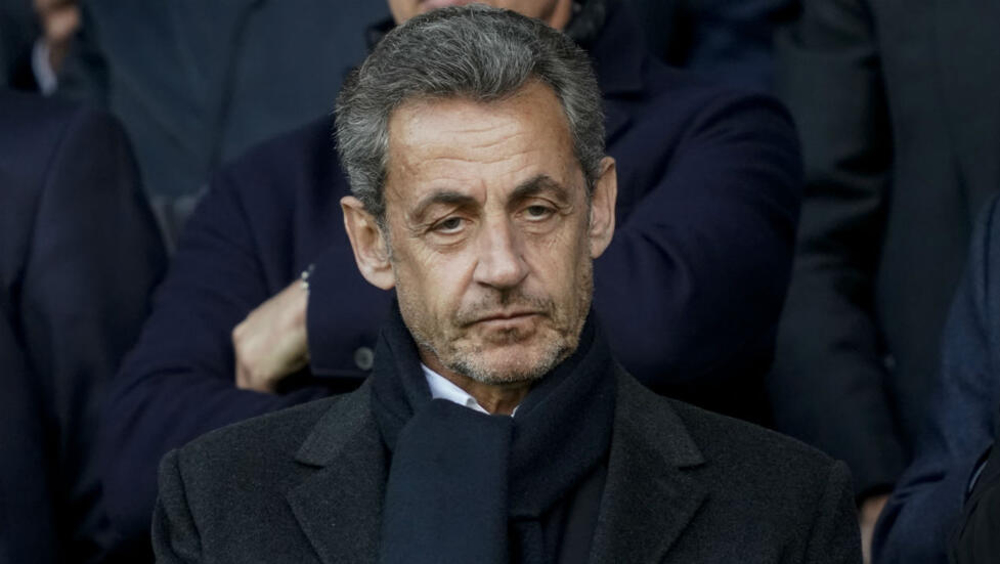
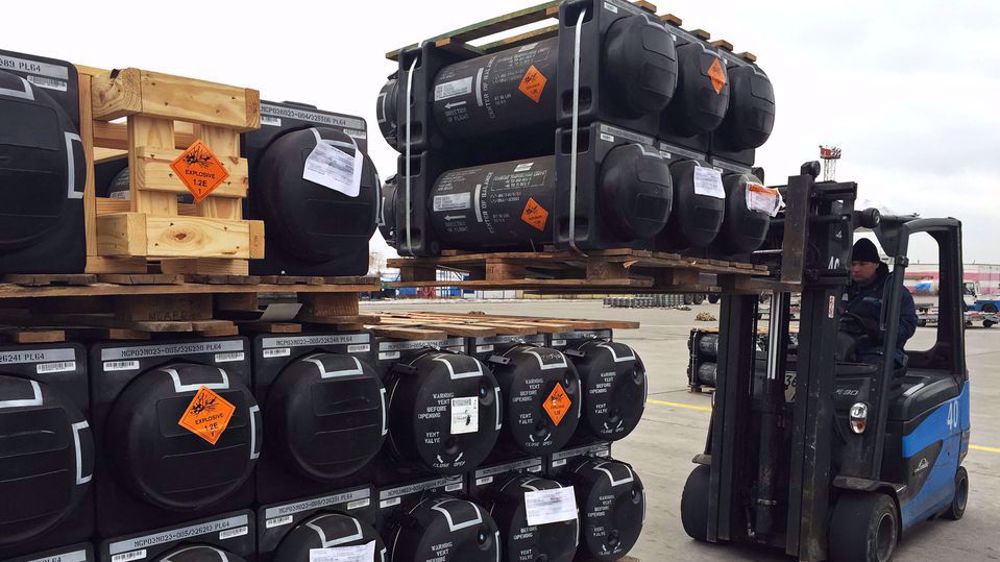
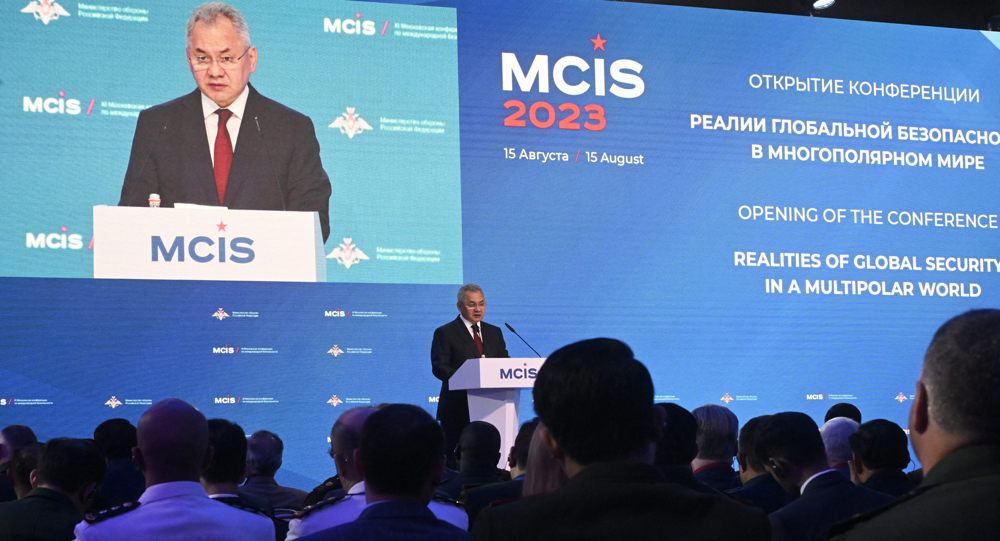
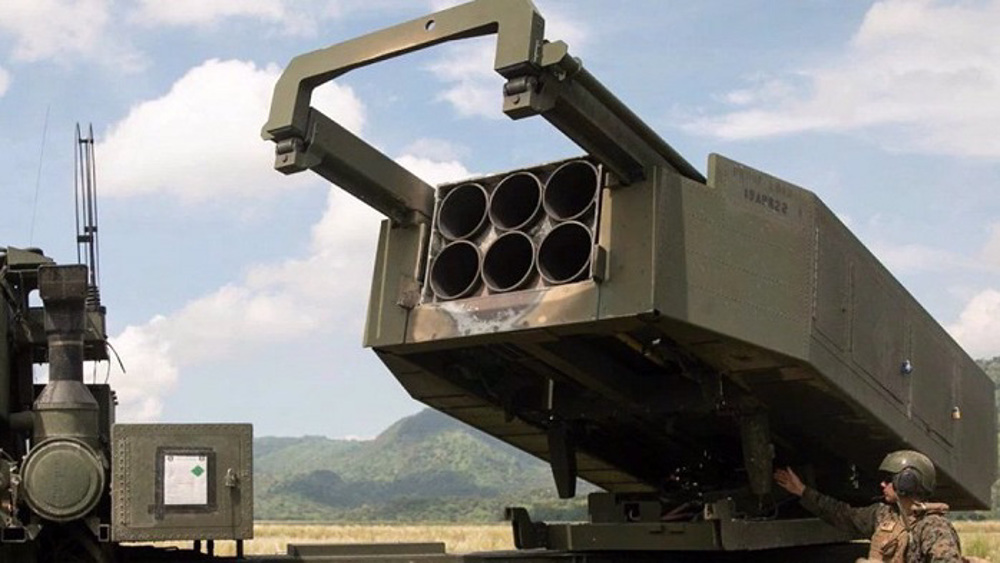






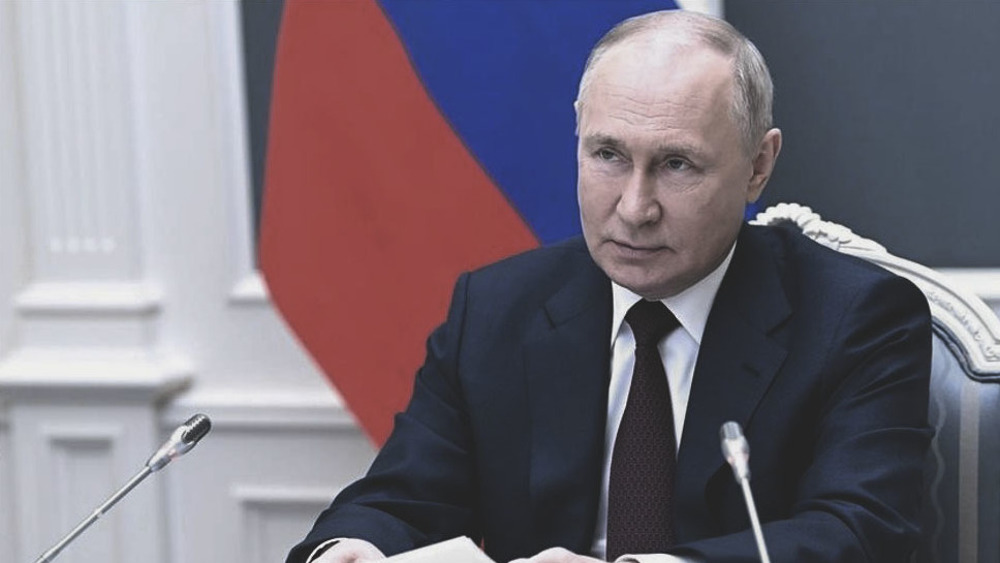
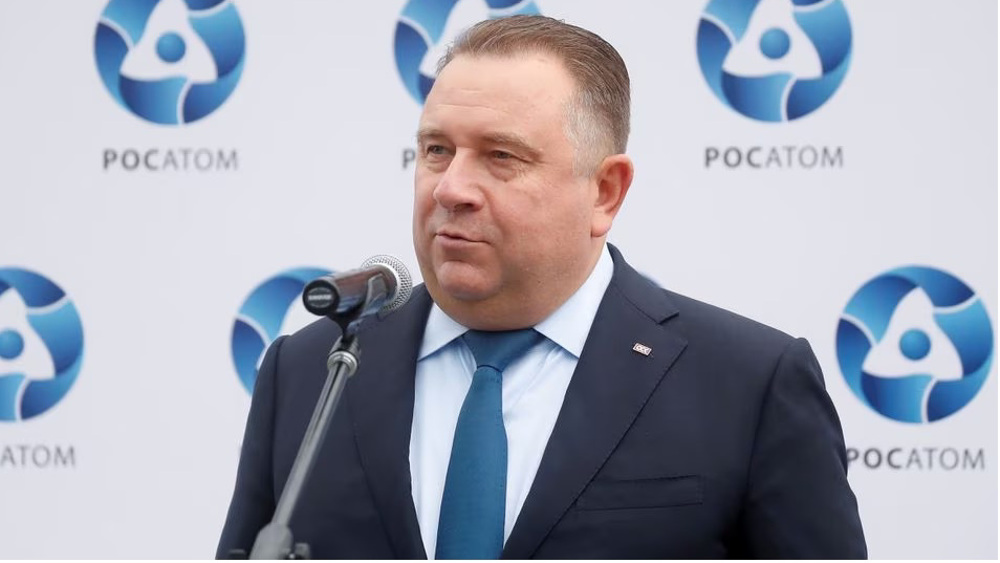
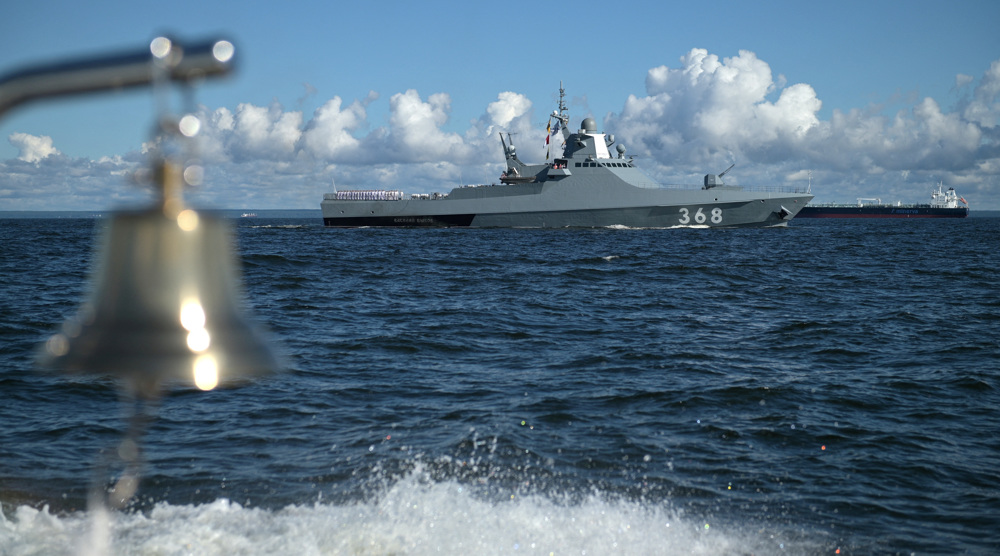
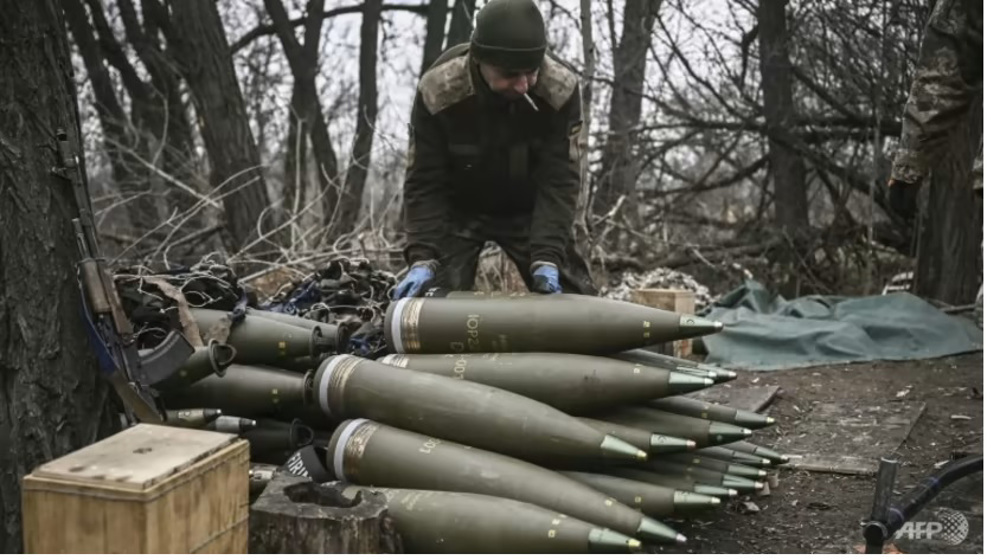
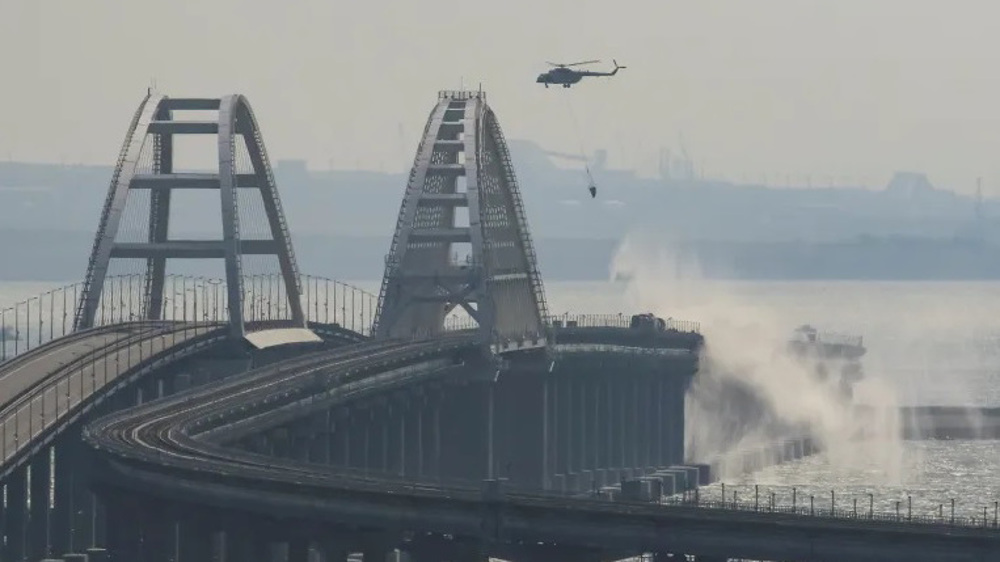
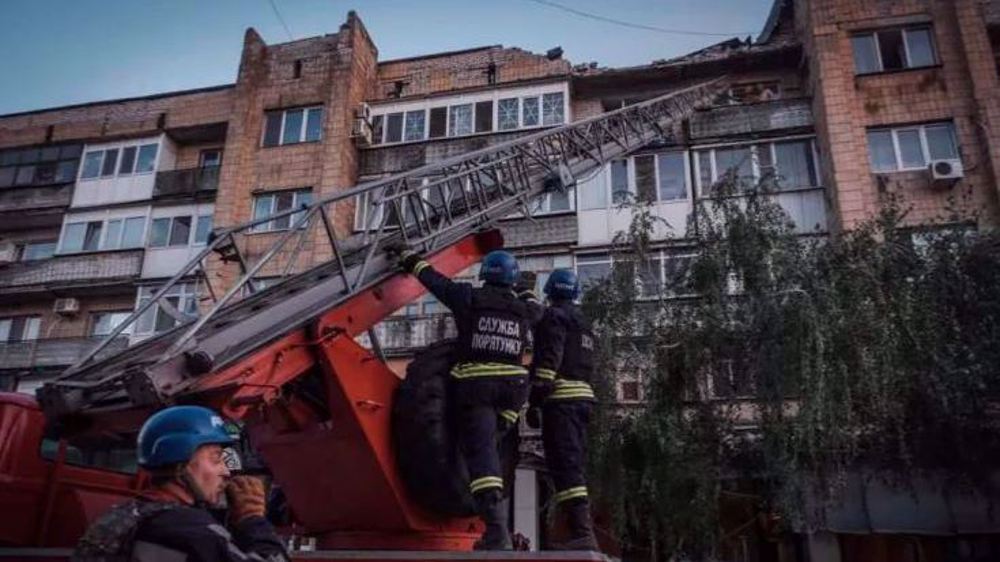
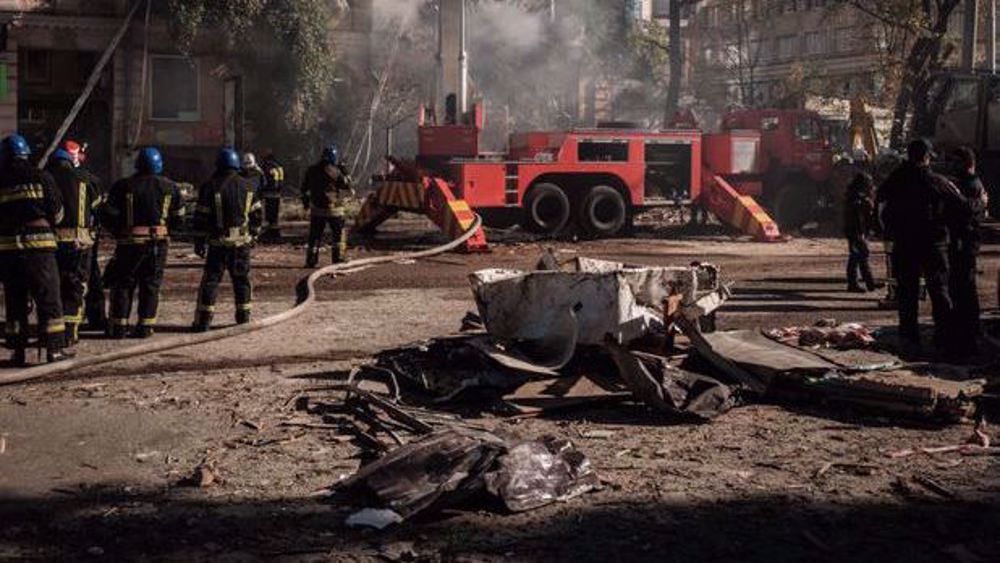
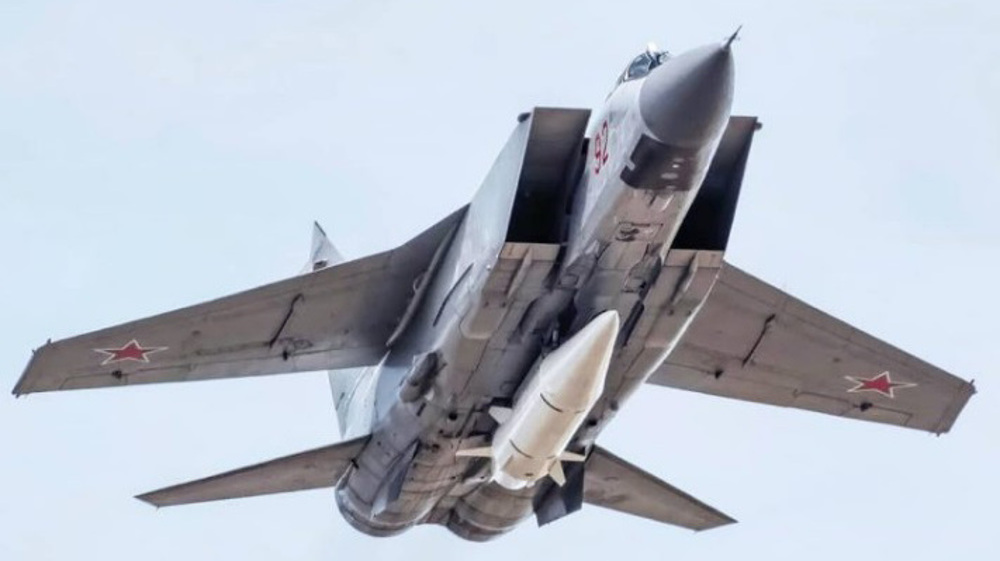
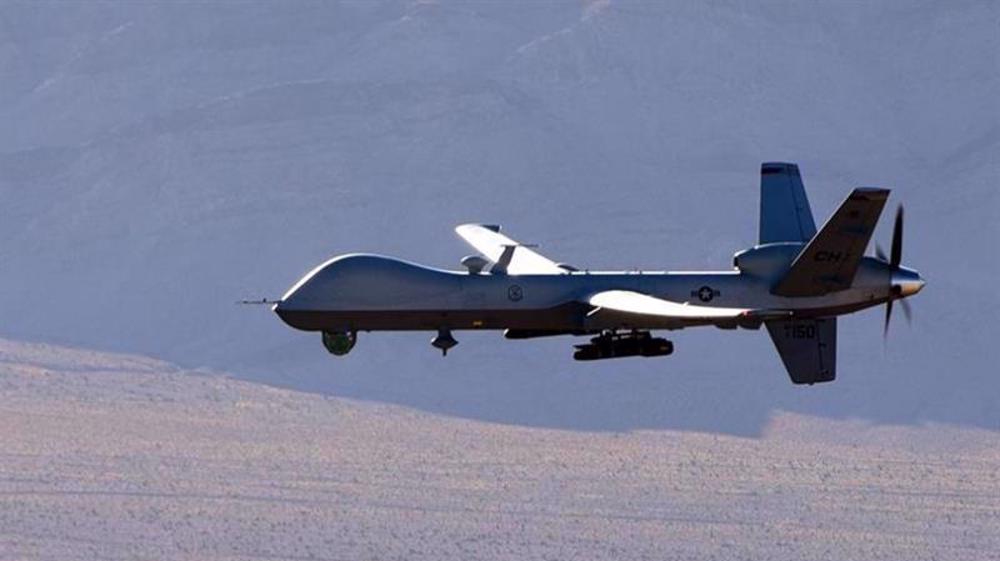
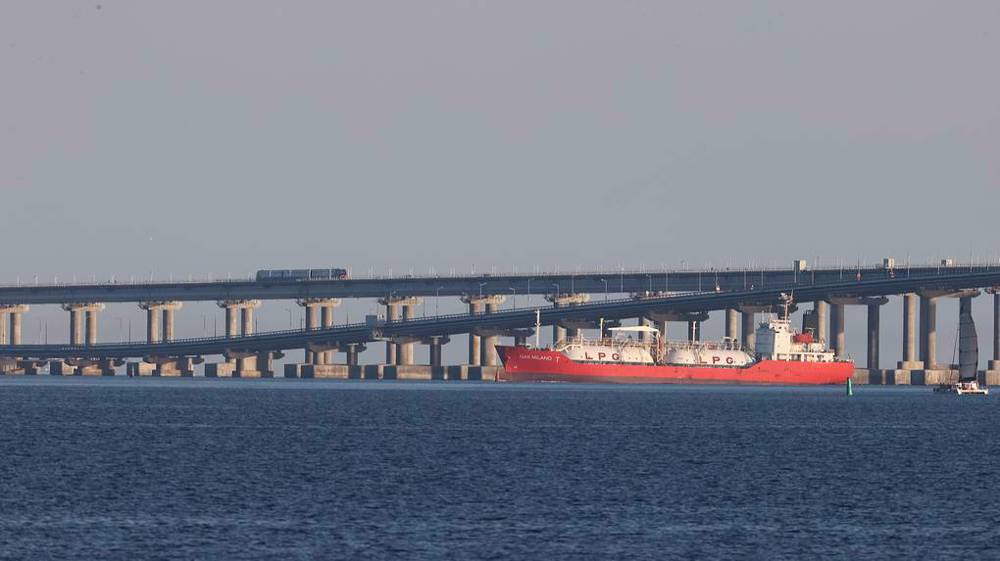

 This makes it easy to access the Press TV website
This makes it easy to access the Press TV website